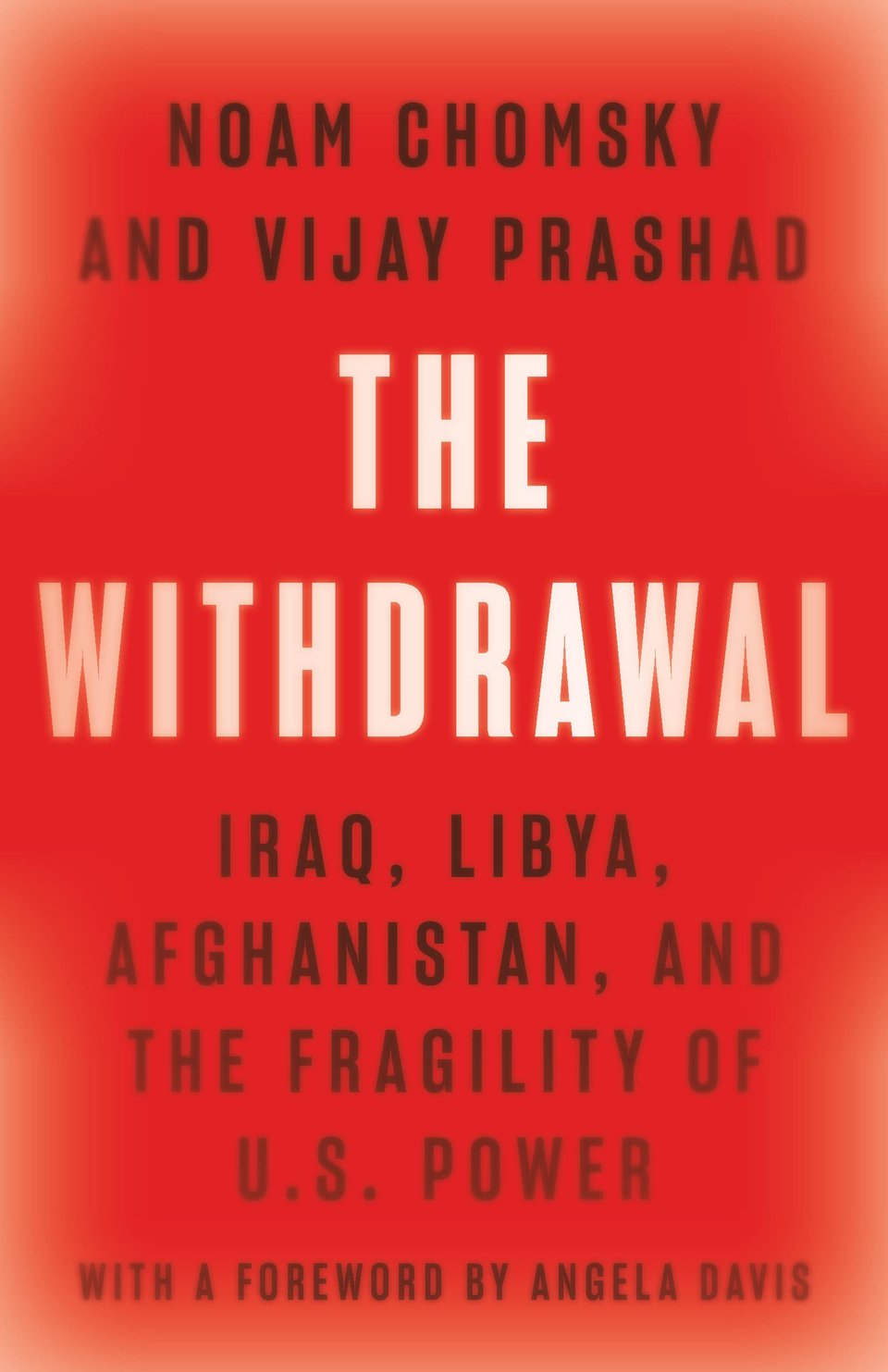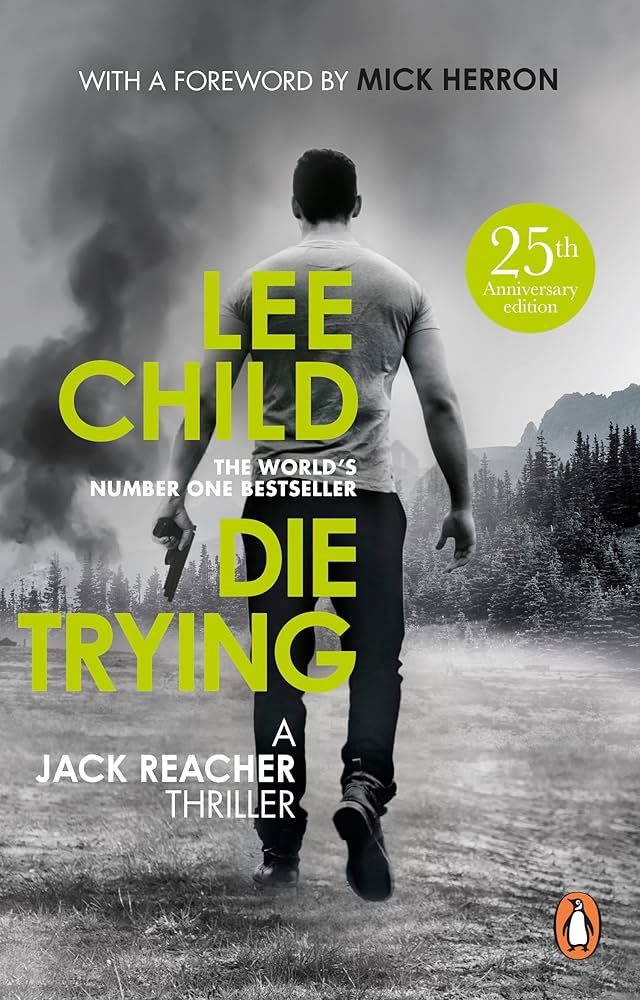Foreign Policy, Fighting Bad Guys, and Stories from Lebanon

Hope and I cast our ballots electronically on September 26th, so, mercifully for us, the election is over. I know it’s not actually over, but it is for me. While the choice between candidates on domestic policy is straightforward, foreign policy—particularly regarding the Middle East—made casting my vote an unsatisfactory experience. There’s a bipartisan consensus around America’s Middle East policy, one that betrays both America’s stated values and the people who live here.
Regardless of who wins in November, I don’t expect much to change in U.S. foreign policy in the region, and that's genuinely unfortunate.
If it seems like I’m dancing around a point here, long-time readers will recall that, for employment reasons, there are limits to what I can say about policy in this region. But let’s just say that the U.S. likes to think of itself as the indispensable nation on the global stage, and yet we get so much wrong.

This was highlighted this week as I finished The Withdrawal, a book by Vijay Prashad and Noam Chomsky. It’s a collection of dialogues between them over the past thirty years about American policy in Iraq, Afghanistan, and Libya.
At just over 200 pages, the book is accessible, even if you're not well-versed in the subject matter.
If you're in the market for more Chomsky, I'd recommend revisiting What Uncle Sam Really Wants and Manufacturing Consent—both feel alarmingly relevant given events of the moment.

Shifting gears, Jordan Harper, is a crime writer whose novels are made for cinema. Last spring, I read his newest book, Everybody Knows, a propulsive, well-written tale set in LA. It follows a disgraced ex-cop and a PR firm staffer who get tangled up with some Blackwater-types, leading to a tense cat-and-mouse chase. Harper has a knack for capturing a half-dozen modern dialects of American English, so the characters feel immediately familiar and lived in.
This week, I finished his earlier book, She Rides Shotgun. It essentially follows the plot of the movie Logan: an out-of-the-game warrior trying to protect his young offspring, while taking down a platoon of bad guys. The protagonist, Nate McCluskey, fresh out of prison, is on the run from a murdering, drug dealing, white supremacist prison gang called Aryan Steel. They've put a bounty on Nate's head so he's declared war on them.
But the true star of the novel is his daughter, Polly. She’s incredibly and hilariously well-written. She has a stuffed bear that she anthropomorphizes throughout the book that made me laugh out loud several times. She gives the story its heart and soul.
Harper's earlier book, The Last King of California, wasn’t initially released in the U.S., but thanks to the success of Everybody Knows and She Rides Shotgun, it’s hitting the shelves on November 19th. I’ve pre-ordered it on Libro.fm (here’s the link if you want to do the same).
On to more guilty pleasures. One of mine is the Amazon show Reacher, an adaptation of Lee Child’s novels. The books, there’s 28 of them, are classic airplane fare—reasonably well-written and fast-paced. The first season covered the Killing Floor, the series' debut novel, in which Reacher is falsely arrested and spends the novel breaking bones, shooting bad guys, and trying to clear his name.
Season two of the show jumps all the way to the eleventh book. It's a more ambitious plot but is kinda less enjoyable. At first, I wondered why they skipped the second book and went all the way to eleven, but once Die Trying arrived from the library, I understood. Written in 1998, Die Trying lives in the shadow of Ruby Ridge and the Oklahoma City bombing. It pits Reacher against a separatist militia group trying to declare a "free state" in Montana.

Admittedly, some of the dialogue and references are laughably dated. Also, Reacher gets his freak on with the lead female character for the second book in a row—a development I'm not exactly a fan of—but there’s still more right with the book than wrong.
Lastly, tomorrow marks the one-year anniversary of the Hamas attacks in Israel. I want to leave you with a podcast recommendation to help contextualize events with a regional voice: Beyond the Headlines, the current events podcast from The National, UAE’s paper of record, has a series called Beyond October 7. They’re exploring the aftermath of the attacks and how they’ve reshaped the region over the past year. The episodes feature on-the-ground reporting, offering perspectives from Palestinians and Lebanese who’ve been displaced or lost loved ones. It’s powerful and it presents viewpoints that rarely puncture the U.S. media.
It is deeply informative, compelling, and heartbreaking, but it’s worth your time.
One more thing: Last week, we closed the newsletter with a link to a Seattle Times piece about the Tacoma police chief being placed on administrative leave with no explanation. The chief has since been reinstated, and while the city has released a statement, it doesn’t clarify much. It’s yet another example of local government showing little regard for public opinion or transparency when it comes to the police.
Until next Sunday.